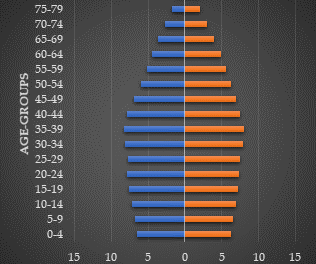A recent study by a team of public health specialists from the University of Glasgow and the Norwegian Institute of Public Health has shed new light on the potential impact of prenatal diet on the risk of autism. Published in JAMA Network Open, the research suggests that a mother’s diet during pregnancy may play a role in the development of autism and related conditions.
The study analyzed data from two extensive databases: the Avon Longitudinal Study of Parents and Children and the Norwegian Mother, Father, and Child Cohort Study. Covering data from 2002 to 2008 and 1990 to 1992, respectively, the analysis encompassed over 95,000 mother-daughter pairs and extended up to the children’s eighth year.
Findings reveal a notable pattern: women who adhered to a “healthy diet” were 22% less likely to have a child diagnosed with autism compared to those with a less healthy diet. A “healthy diet” in this context is defined as one rich in vegetables, fruits, nuts, fish, and whole grains, while excluding high-fat foods, processed meats, soft drinks, and refined carbohydrates.
Moreover, the study indicates that children born to mothers who consistently followed a healthy diet during pregnancy were 24% less likely to experience social or communication difficulties, regardless of an autism diagnosis. This association was found to be stronger in mother-daughter pairs compared to mother-son pairs.
While the study does not conclusively explain the mechanisms behind these findings, the researchers speculate that the benefits might be related to the impact of diet on DNA or immune processes. They also caution that the data does not establish a causal relationship, and other factors could be at play.
For more details, see the full study: Catherine Friel et al., “Healthy Prenatal Dietary Pattern and Offspring Autism,” JAMA Network Open (2024). DOI: 10.1001/jamanetworkopen.2024.22815.












